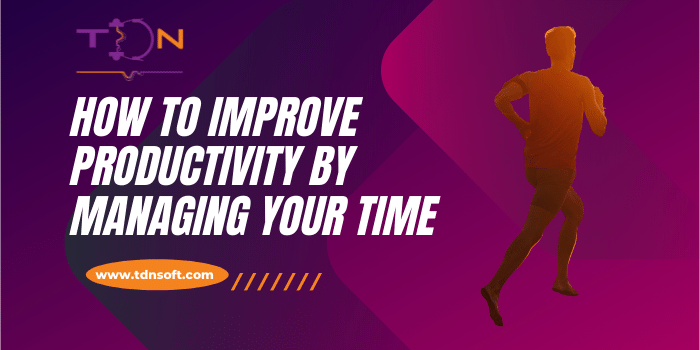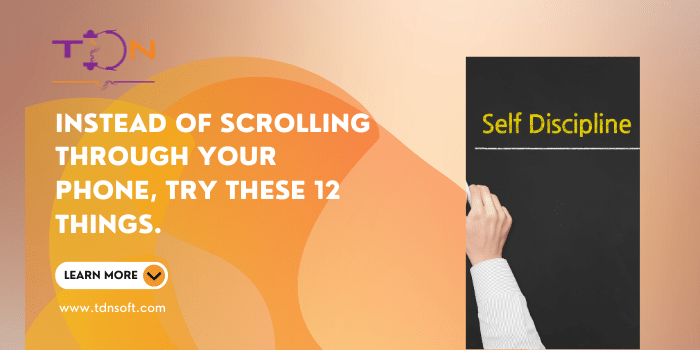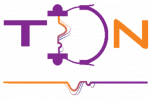Let’s start with a definition of productivity. Productivity is a measure of a person’s ability to complete a task efficiently. We frequently believe that productivity equates to getting more done each day. Wrong. Productivity is the ability to consistently complete vital tasks. And there are only a few things that are actually vital, no matter what you are working on.
Maintaining a steady, average speed on a few things, rather than maximum speed on everything, is the key to being productive.
The majority of productivity tactics are focused on short-term efficiency: how to successfully manage your to-do list, how to get more done each morning, how to cut your weekly meetings in half, and so on. All of these suggestions are reasonable.
However, we frequently overlook the fact that some strategic decisions must be made if we are to maximize our productivity over time. In the following pieces, I dissect certain long-term productivity concepts.
- An Alternative Perspective on Productivity
- Being in Motion vs. Taking Action is a Mistake Smart People Make
- How to Stay Focused When Working Toward Your Objectives
Simple Strategies for Increasing Productivity Every Day
Organize your energy rather than your time.
If you think about it, you’ll probably notice that you’re better at performing particular things at specific times. What kind of energy do you have when you wake up? Afternoon? Evening? Determine which jobs are best suited for each energy level and time of day.
Get everything ready the night before.
Spend a few minutes each night planning your to–do list for the next day if you just do one thing each day. When I do it well, I outline the piece I’ll write the next day and make a brief list of the most critical tasks I need to complete. It takes 10 minutes that night and 3 hours the next day to complete.
Wait till noon to check your email.
Sounds straightforward. It is not done. I had to fight the impulse to read my inbox for a long, but I soon understood that everything could wait a few hours. Nobody will email you with a true emergency (a family death, for example), so ignore it for the first several hours of each day. Instead of responding to what is “urgent,” use the morning to do what is important.
Turn off your phone and put it somewhere else.
Or on the desk of a coworker. Or, at the very least, hide it somewhere out of sight. This reduces the desire to check text messages, Facebook, Twitter, and other social media sites. This basic method reduces the risk of slipping into half–work, in which you squander time splitting your focus between unimportant things.
Do your work in a cool environment.
Have you ever noticed how a heated room makes you feel drowsy and sluggish? It’s simple to focus your mind and body by lowering the temperature or relocating to a cooler location.
Get up from your seat or stand.
When you sit slumped over, your chest collapses and your diaphragm presses on the bottom of your lungs, making it difficult for you to breathe smoothly and deeply. You’ll notice that you can breathe more easily and thoroughly if you sit up straight or stand up. Your brain will receive more oxygen as a result, and you will be able to concentrate better.
How to Improve Productivity by Managing Your Time?
How to improve productivity?
How to Manage Your Time to Increase Productivity?





